Cell therapies
How we replace and protect beta cells
Our approach
In people with T1D, the autoimmune system destroys the pancreas’s beta cells, which produce insulin. One known way to cure T1D is through cell therapies, which replace destroyed beta cells with external cells that make insulin and protect them so that they can function for a very long time. Our goal is to grow these cells in a laboratory and discover a way to keep them safe inside the body without the need for chronic immunosuppression.
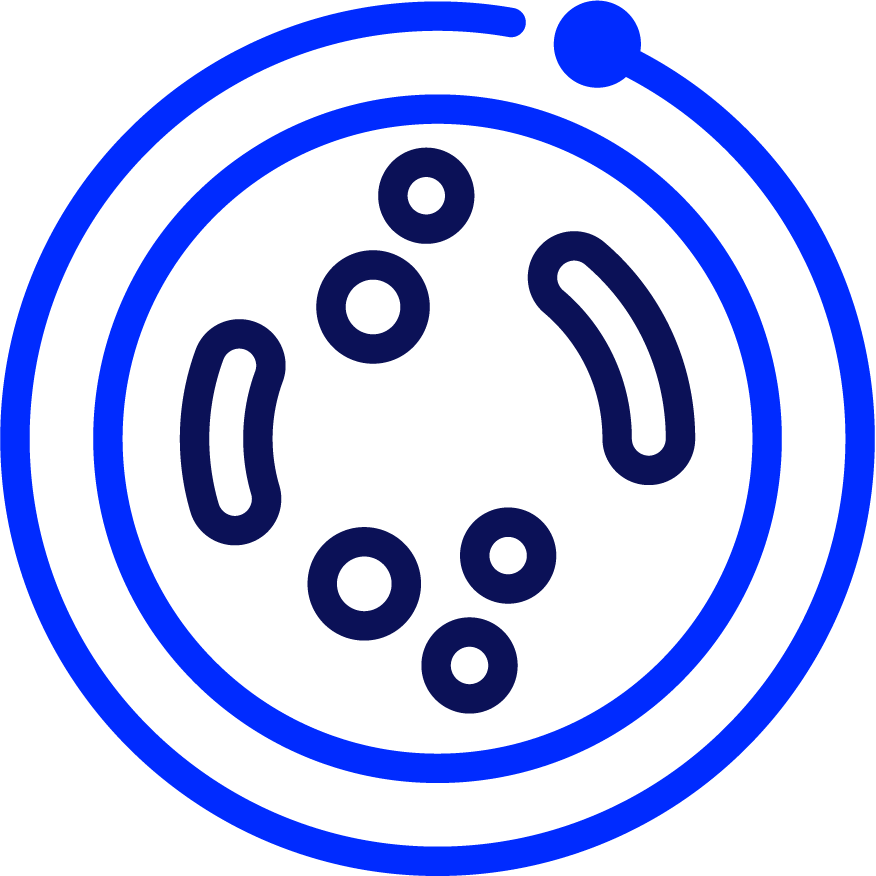
Develop a renewable beta cell source so that every person with T1D can get this treatment.
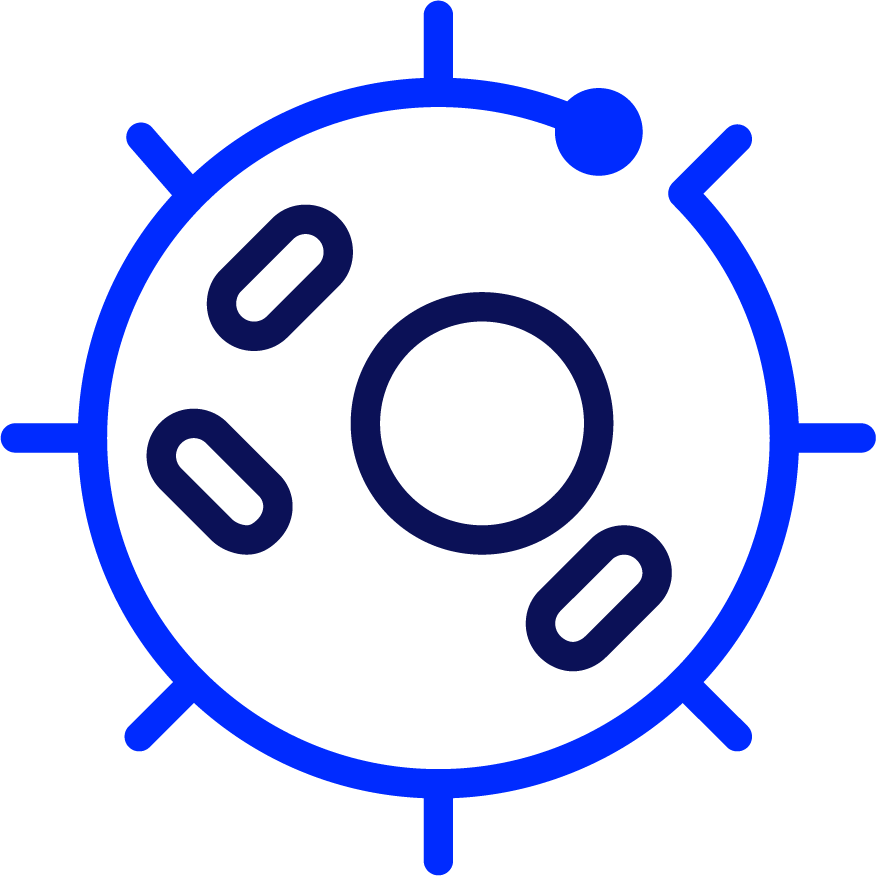
Find ways to maintain the beta cells so they stay functional in the body for years—or even decades.

Shield the beta cells from immune attack to prevent the need for anti-rejection drugs or the recurrence of T1D.
Research progress in cell therapies
2024
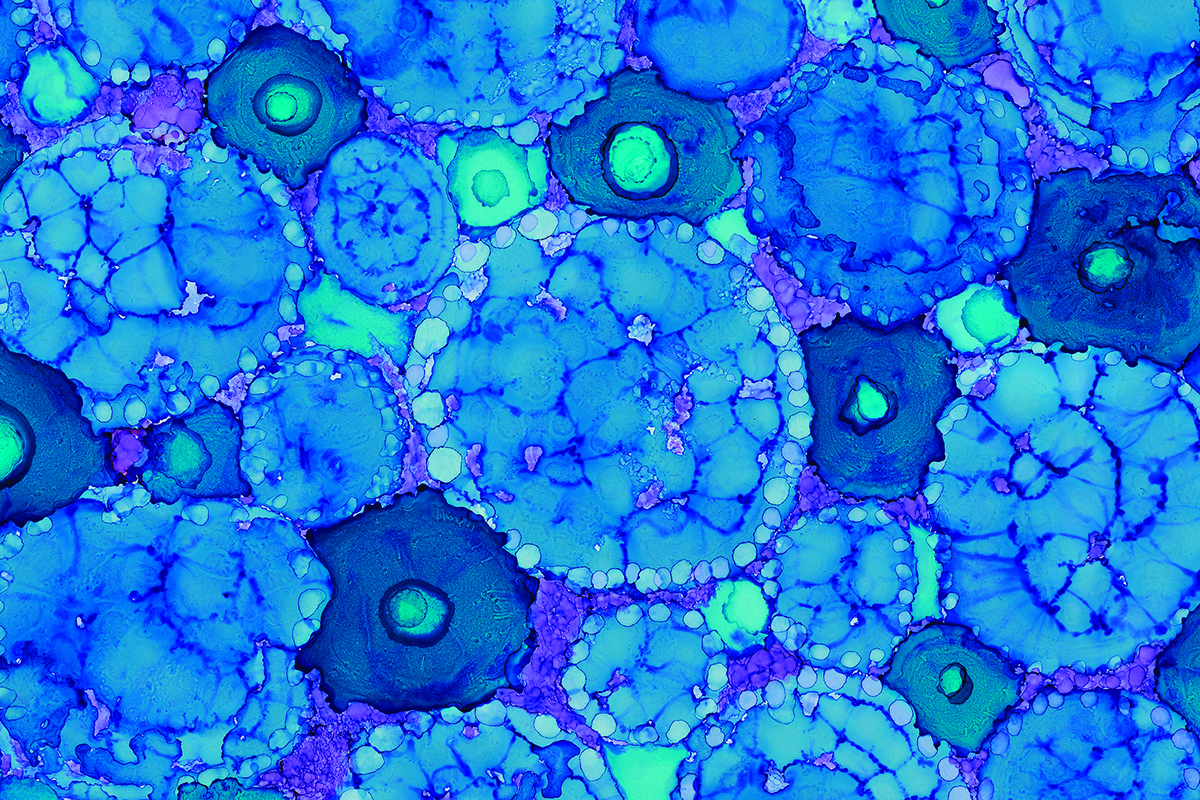
Stem cell-derived islets show promise in another study
A new study has shown positive results using stem cell-derived islets to restore insulin production in a patient with T1D.
Read More About This StudyClinical trials show insulin therapy independence
Research shared during the 2024 European Association for the Study of Diabetes (EASD) annual meeting shows that in clinical trials of Vertex and Sernova cell therapies, people are achieving insulin therapy independence.
Read More About This Update2023
Clinical trial clearance for encapsulated cell therapy
Vertex announced clinical trial clearances from both the FDA and Health Canada for VX-264, their investigational encapsulated cell therapy for the potential treatment of type 1 diabetes.
Read More About VX-2642022
Vertex acquires ViaCyte
Vertex Pharmaceuticals announces that they have acquired ViaCyte to help speed up the development of VX-880, Vertex’s stem cell-derived therapy for people with T1D. This merger brings together two of the biggest companies pursuing cell replacement therapy, and will allow them to combine their resources, technologies, intellectual property, and more.
Read More About This Merger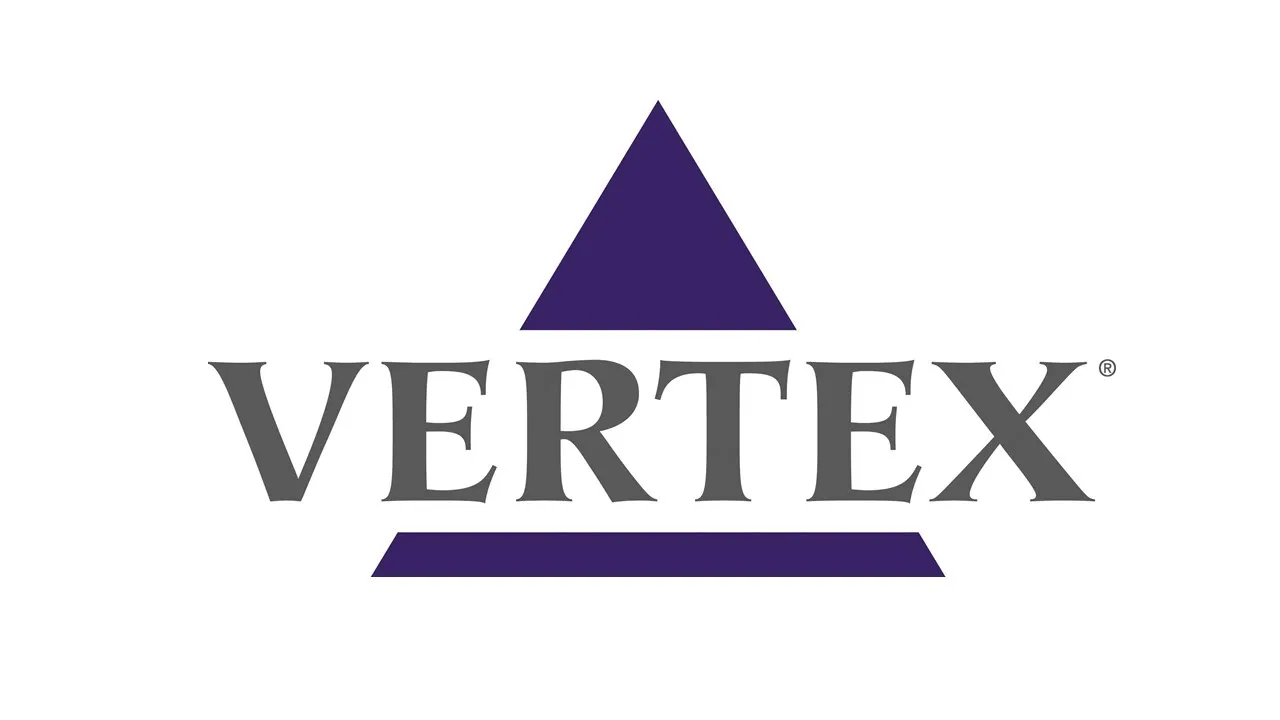
Vertex provides exciting update on VX-880 clinical trial
The latest update from Vertex is the biggest yet: Patient #1 is 100% insulin-independent 270 days after receiving the therapy with an HbA1c of 5.2%. He's on immunosuppressive therapy, but no longer needs to administer insulin.
Read More About This Exciting Update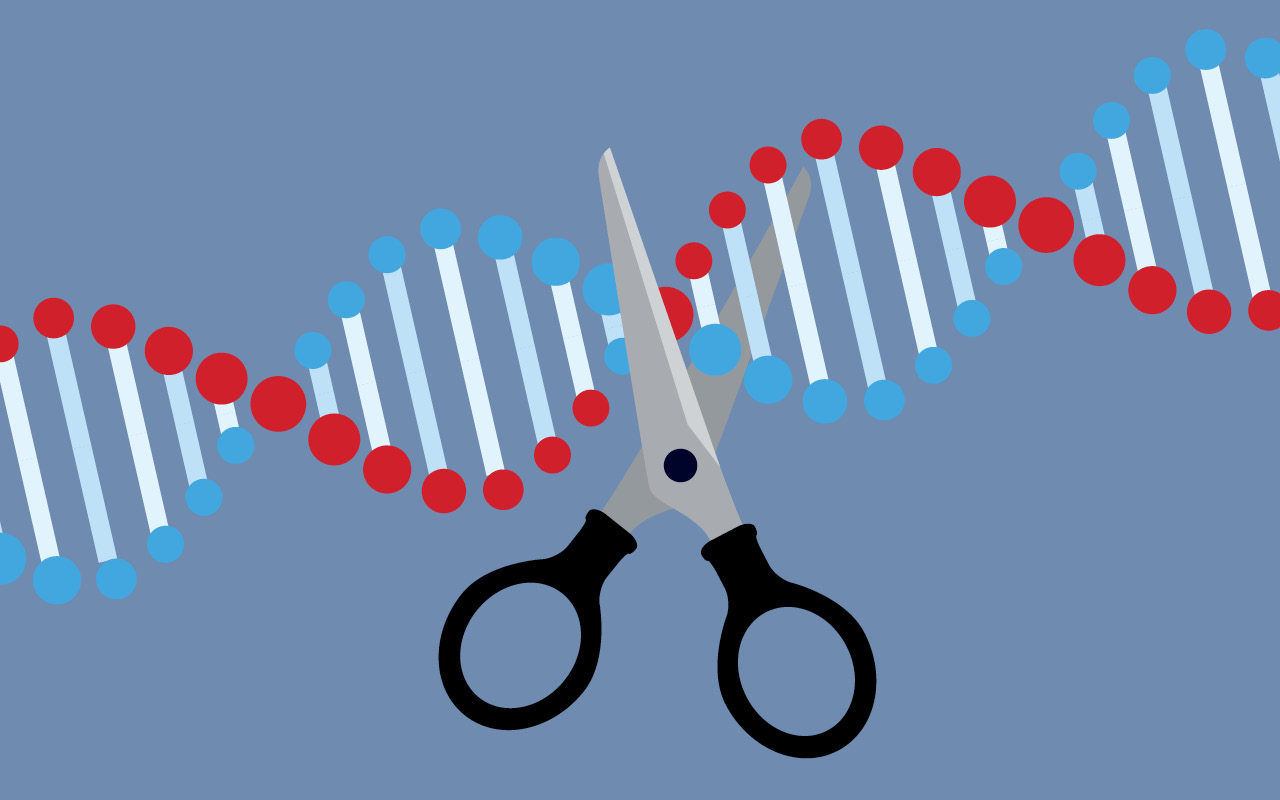
ViaCyte and CRISPR Therapeutics launch clinical trial testing gene-edited cells
ViaCyte and CRISPR Therapeutics announce the start of a clinical trial of VCTX210, a gene-edited stem cell replacement therapy for T1D. This immune-evasive therapy is designed to enable patients to produce their own insulin.
Read More About VCTX2102021
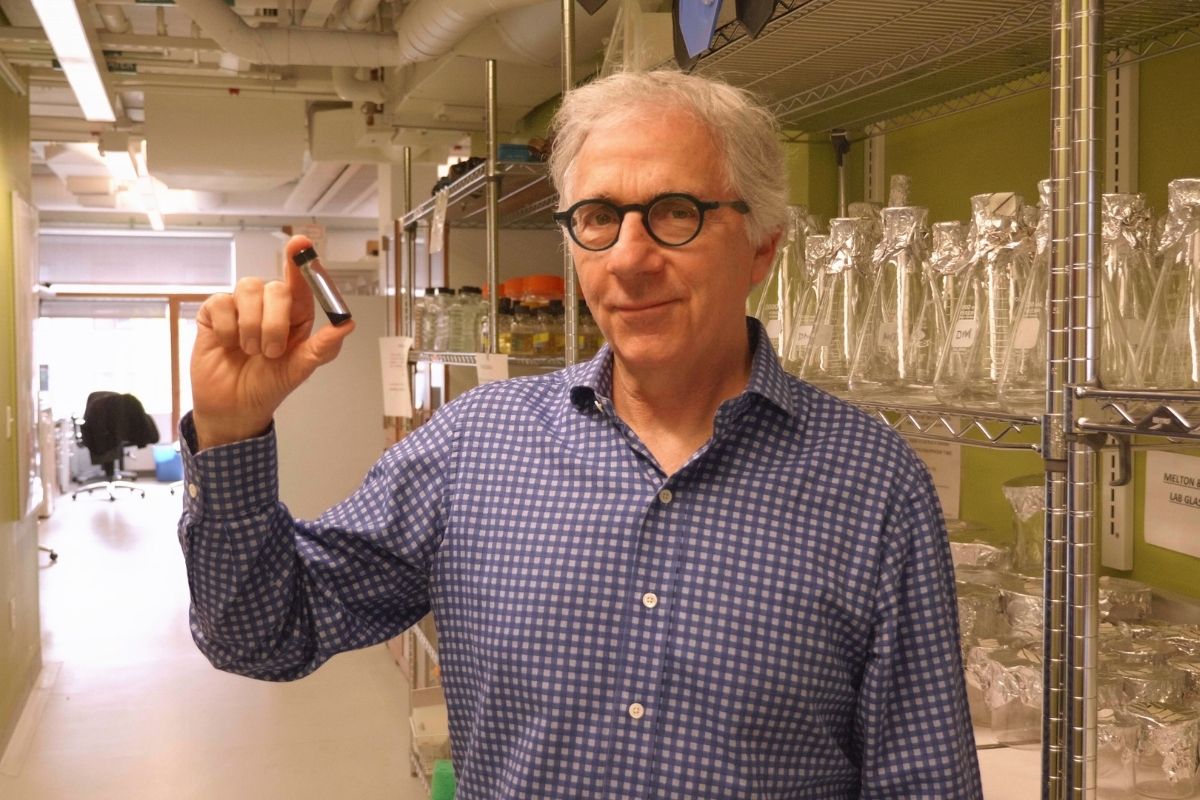
Vertex launches clinical trial of VX-880
Vertex began a phase I/II clinical trial of VX-880, which uses stem cell-derived beta cells to try to restore the body’s ability to produce insulin, in combination with immunosuppressive therapy to protect the cells from rejection.
Read More About This Clinical Trial2019
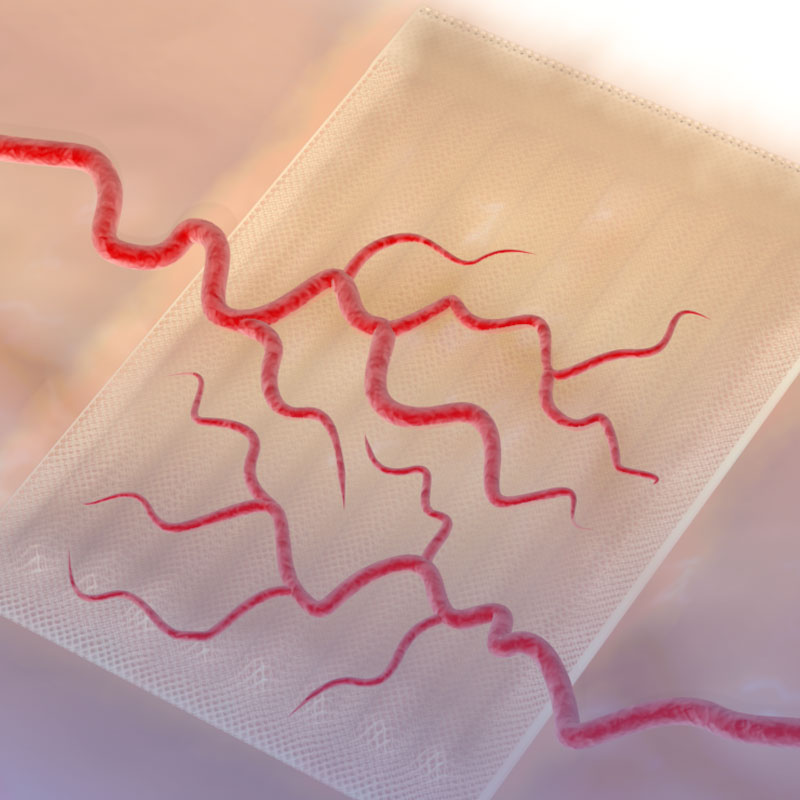
Sernova demonstrates insulin production
Sernova, a clinical-stage regenerative medicine company, showed in its JDRF-funded clinical trial that its cell replacement therapy, the Cell Pouch System™, can produce insulin in people with T1D.
Read More About The Sernova Clinical TrialViaCyte shows insulin production in people with T1D
ViaCyte, a beta cell replacement company long supported by Breakthrough T1D, showed—for the first time ever—that its PEC-Direct therapy helps people with T1D produce insulin again.
Read More About This ResearchBreakthrough T1D launches first Center of Excellence
Breakthrough T1D launched its first Center of Excellence, a new research and funding model aimed at accelerating leading T1D research. The Breakthrough T1D Northern California Center of Excellence will unite the work being done at Stanford University and the University of California, San Francisco, focusing on beta cell therapies and immune therapies.
Learn More About Our Centers Of ExcellenceIn the past decade, Breakthrough T1D has invested more than $156 million in cell therapies, and there are several in-human clinical trials.
Learn more about our research
Breakthrough T1D is working to make life better for everyone affected by the condition.
Our research strategy has two pillars: curing T1D and improving everyday life for individuals with T1D.
The latest news on T1D research and updates on the T1D community.
Today, we are leading the way to more effective solutions. Tomorrow, we will make this condition a thing of the past.